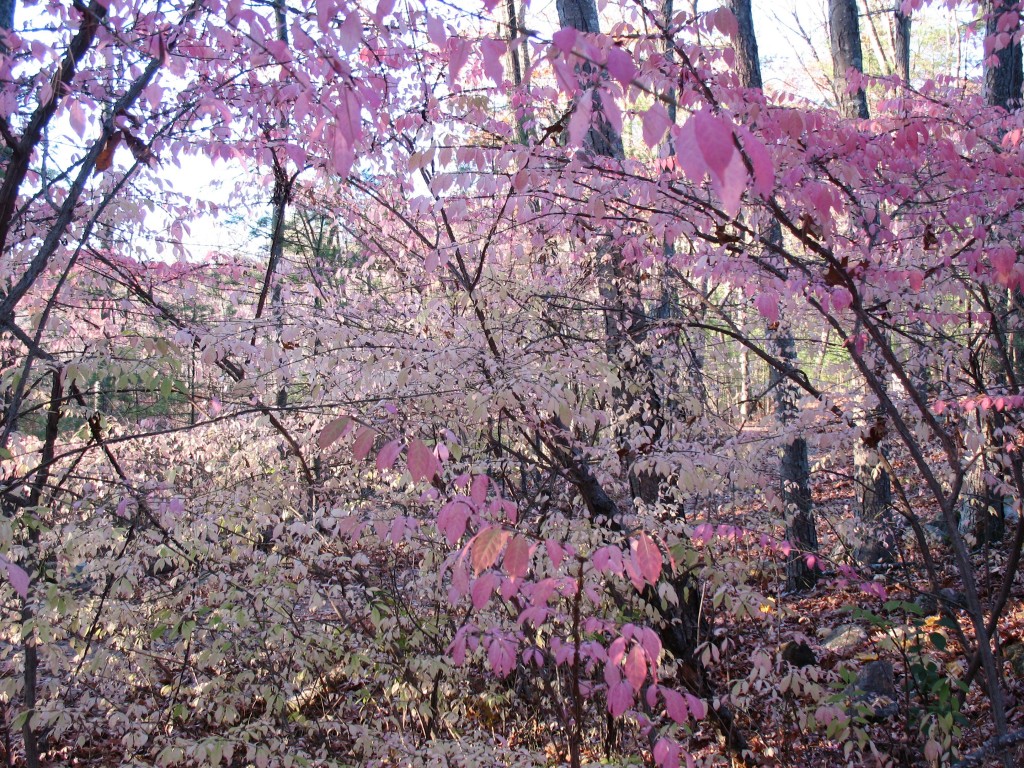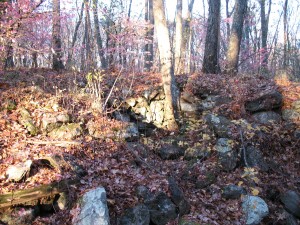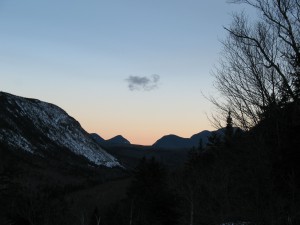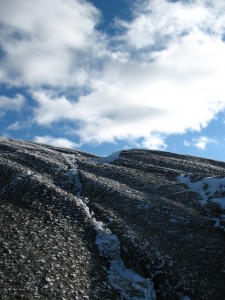Perhaps I’ll offer confession later, but for now, a dropped jaw will have to do.
On November 7th the business world, at least its stock market manifestation, was agog with the public’s chance to buy into the future. At least the future in 140 or fewer characters. Offered at a mere $26 per share to begin, Twitter’s stock price soon reached the 40s, the sort of rise that suggests some interstellar tangent. Okay, we’d seen this wild, financial optimism, this placing of bets, before.
But what does Twitter do? “It shares,” might be one answer. “Shares what?” we ask, as we reach for our wallets. “It allows me to share what I am doing in real time.” Whose voice is that, we wonder. “Never mind,” says the exchequer of the wallet. “This stock is hot.”
As is often true when society sends up its party balloons and celebrates self, I turned to Henry Thoreau for perspective. He too wondered about our need to know the minutia of others’ lives, their daily gossip, even as he stopped into town to hear it and read newspapers avidly. Henry understood that our appetites, even for morsels of “news,” could get out of hand quickly.
And, of course, he did offer his “experiment” at the pond as example of pursuit of understanding and elevating “I.” But he avoided the short, banal expressions of “tweeting.”
Thoreau’s sentences often exceed 140 words; and when he does go short, we read Walden’s, “Our life is startlingly moral.” Or, “There is nothing inorganic.”
These are koan-like sentences to ponder.
I’ve read between lots of Thoreau’s lines and through his Journals, and I’ve yet to find this: b-fast porridge rockin the pond; AT back w/ “borrowed” Iliad; may walk later w/ EC; wonder bout my beard.
I’ll keep my wallet holstered.




